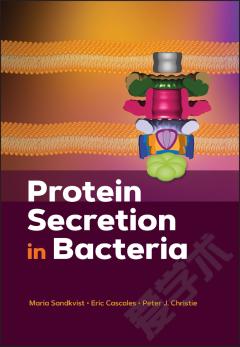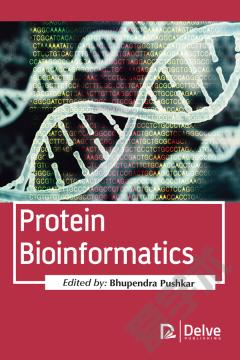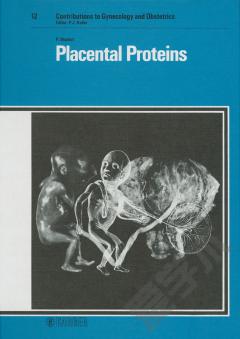Protein Secretion in Bacteria
Protein transport into and across membranes is a fundamental process in bacteria that touches upon and unites many areas of microbiology, including bacterial cell physiology, adhesion and motility, nutrient scavenging, intrabacterial signaling and social behavior, toxin deployment, interbacterial antagonism and collaboration, host invasion and disruption, and immune evasion. A broad repertoire of mechanisms and macromolecular machines are required to deliver protein substrates across bacterial cell membranes for intended effects. Some machines are common to most, if not all bacteria, whereas others are specific to Gram-negative or Gram-positive species or species with unique cell envelope properties such as members of Actinobacteria and Spirochetes. Protein Secretion in Bacteria, authored and edited by an international team of experts, draws together the many distinct functions and mechanisms involved in protein translocation in one concise tome. This comprehensive book presents updated information on all aspects of bacterial protein secretion encompassing: Individual secretory systems–Sec, Tat, and T1SS through the newly discovered T9SS Mechanisms, structures, and functions of bacterial secretion systems Lipoprotein sorting pathways, outer membrane vesicles, and the sortase system Structures and roles of surface organelles, including flagella, pili, and curli Emerging technologies and translational implications Protein Secretion in Bacteria serves as both an introductory guide for students and postdocs and a ready reference for seasoned researchers whose work touches on protein export and secretion. This volume synthesizes the diversity of mechanisms of bacterial secretion across the microbial world into a digestible resource to stimulate new research, inspire continued identification and characterization of novel systems, and bring about new ways to manipulate these systems for biotechnological, preventative, and therapeutic applications.
{{comment.content}}








 京公网安备 11010802027623号
京公网安备 11010802027623号